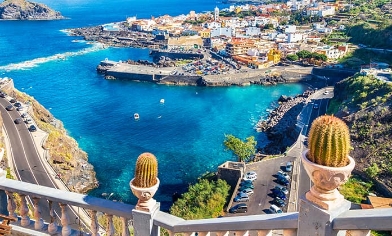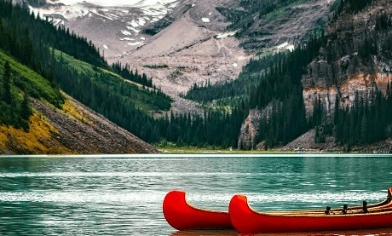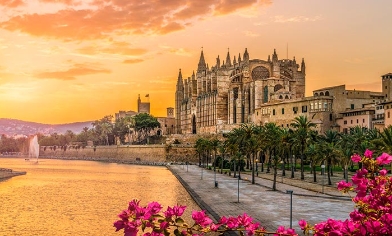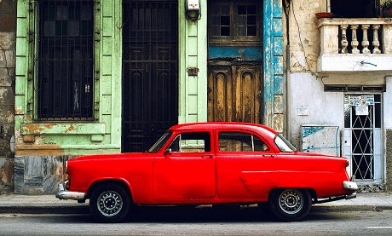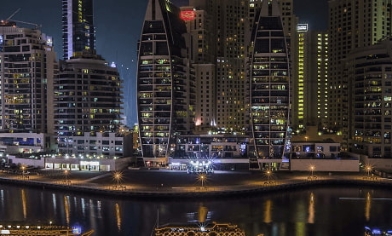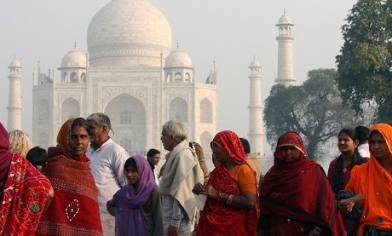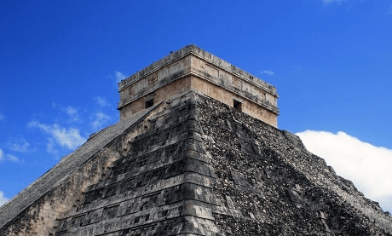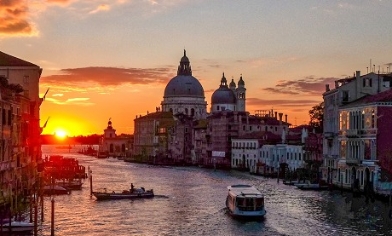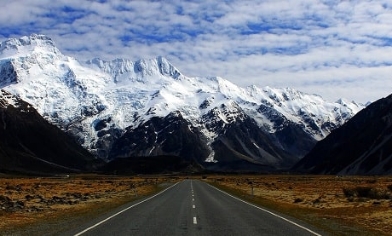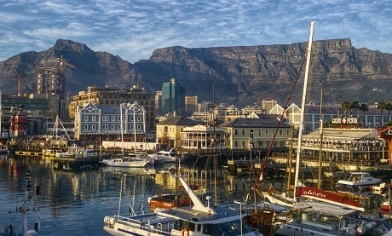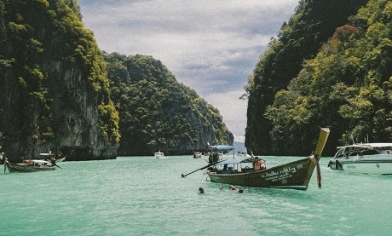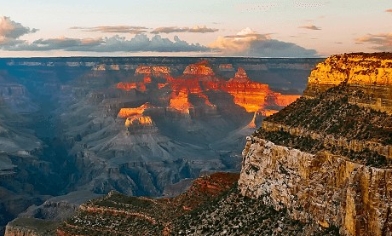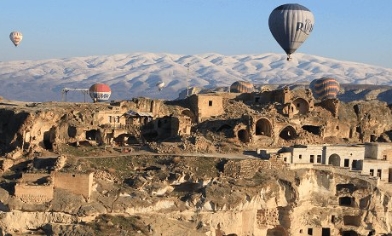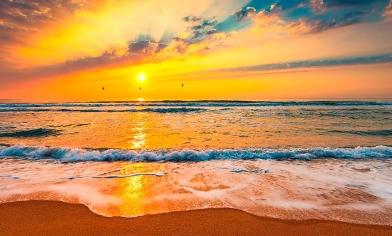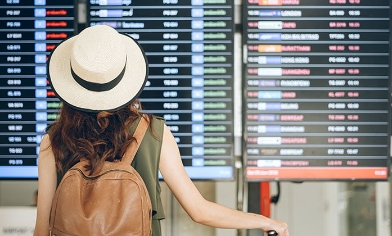Healthcare for Brits in Australia
There is a reciprocal healthcare arrangement between the UK and Australia for UK nationals. This entitles tourists to a basic level of subsidised healthcare but is no substitute for good travel insurance. There are a number of exclusions on the agreement that you will need travel insurance to cover, such as ambulances, air ambulance or medical evacuation, medicines when you are not an in-patient in a hospital or non-emergency care. This means that you would not be covered for any illness that does not need urgent care. But not needing urgent care does not mean that a condition doesn’t need any care, so it is absolutely vital to have good travel insurance to be covered.
The reciprocal arrangement doesn’t cover pre-existing medical conditions, nor does it cover people who aren’t registered as visitors – for instance, people who are studying in Australia.
Healthcare in Australia is comparable to that of the UK. If you have a medical emergency, dial 000 and ask for an ambulance. It is always important to contact your travel insurer promptly to make them aware of the situation. For any medical treatment, you will need to bring your passport with you.
Due to Australia’s size, there are areas where medical facilities are difficult to get to and an ambulance can take a long while to arrive. It’s therefore important to try and mitigate the risk of injury and medical issue as far as possible when travelling to more remote areas. Before setting out to an out-of-the-way destination, be sure to research what local facilities there may be.
Travel risks in Australia
The risk of crime in Australia is low and similar to the UK. In large cities, theft is present and the usual vigilance that one would take for a day out in London is sensible. There are instances of theft from lockers in some hostels, so taking appropriate precautions such as bringing your own padlocks can help deter would-be thieves.
Many travel risks occur when in remote areas, as well as during travel to them. The weather can be dangerously hot for those without protection and Australia is home to an array of dangerous creatures, from small ones such as snakes, spiders and insects to giants like crocodiles, sharks and jellyfish.
It’s advisable to take a form of sun shelter if you are travelling in national parks or areas of expanse. Always carry a plentiful supply of water and a first aid kit. Due to the size of Australia, it’s vital to get local advice about what dangers there are and how to avoid them for where you are and what you are planning to do.
Dangers in the sea include rip currents and other treacherous waters, some of the most dangerous jellyfish on earth, lethal octopodes, sharks and occasionally intense weather. It’s vital to make sure you know what you’re dealing with whenever you encounter the sea by learning how to read signs and what to do in case of an emergency. BeachSafe have a comprehensive guide that it’s important to read/watch.
There are dangers to swimming in rock pools and rivers posed by seasonal weather changes. Always make sure there is sufficient depth to water before jumping in and that the currents are swimmable.
Australian culture
There are many things that the Brits and Australians share culturally, but there’s enough difference to give most Brits a real sense of being somewhere totally new. There are a few things that might help you find your feet, however.
Australian social culture is more focused on the outdoors than in the UK, no doubt in part due to the difference in weather. You might find you need more sun cream than you expect, but it is also more changeable and can have greater extremes than the UK. It’s a good idea to keep an eye on the weather forecast for a while before you go, particularly if you’re travelling in the Australian winter (June to August). In the tropical north, be aware of the wet and dry seasons.
Australia is a very active culture, and there is always a lot to do – much of it outdoors. This can mean you get a huge amount out of your trip. Drinking culture isn’t dissimilar to that of the UK, however there are far stricter rules around drunkenness and the purchasing of alcohol.
If you’re a backpacker, look for backpacker discounts with things like transport and activities. Since backpacking is a large part of Australian tourism, lots of places will offer incentives for travellers.
Getting around
In major cities, public transport is reliable and affordable. Train travel in the suburbs of cities is available, however long-distance rail travel can be very expensive and is not necessarily the fastest option. For those who enjoy the romance of lengthy rail journeys, it might be a consideration, so book early online to get the best fares. Long-distance travel is quickest by air. Renting a car in Australia usually only requires you to have a valid UK driving licence. It’s necessary to have your driving licence and passport on you whenever you drive.
Be aware of the road surfaces that you are going to use on your journey. Your insurance may be invalid if you drive on ‘unsealed’ roads.
The drink drive limit in Australia is 0.05% blood alcohol concentration (BAC), which is 0.03% less than England and Wales (but the same as Scotland). As it is hard to know how much that equates to in terms of drinks, it is best not to drink at all if you are going to drive.
Driving long distances can be an amazing way to see Australia, however it can also be hazardous, so ensure that you’ve planned your route thoroughly, including when to take breaks and where to stop.
Make sure you have the most up-to-date information about the weather during your journey and leave details of your route with someone who could rapidly organise rescue if something went wrong, such as your hotels or accommodation at either end. Seek local advice about driving your route in case there is insider knowledge about potential risk you can’t find elsewhere. Always travel with two spare tyres and a repair kit.
Try to avoid travelling during extreme heat. And, for long drives, take regular breaks and do not drive when overtired.
Getting stranded in a remote part of Australia can be extremely serious. Take every precaution you can and research the speed limits, which vary between states and territories.
Do I need travel insurance for Australia?
Most visits to Australia are problem-free for Brits. However, when things go wrong, they can go very wrong indeed. It’s therefore crucial to have good travel insurance that offers comprehensive coverage.
Getting travel insurance in place for your trip to Australia will help to safeguard against potentially disruptive events that could happen while you’re there, however unlikely they may be or seem.
For instance, you might need emergency medical care if you’re injured, fall ill or are stung or bitten by a venomous animal on your travels. As you rack up expensive bills for treatment, you’ll at least have the comfort you can claim back the costs on your policy.
A good policy will also cover cancellation costs, provide protection in the event of delay and some other types of disruption, including cover for Covid-19 related disruptions. It will also reimburse you for the replacement costs of lost, damaged or stolen items like passports or luggage.
If you’re backpacking, you might want to look into backpacker’s insurance. You should also think about the activities you’re going to be taking part in, as they may be very varied. Check them against your policy to make sure you’re covered and can have the best holiday possible. If you’re not covered for something you want to do, such as a cruise, skiing or other outdoor and higher-risk activities, try to find out if there is an add-on you can buy that will give you cover.
Bring your policy document with you so that you can check your coverage should you spontaneously want to get involved in an activity. Australians take safety very seriously, but it is always wise to make sure the activities you’re undertaking are run by licensed groups.
If you’re travelling on a working visa, remember that lots of travel insurance policies won’t cover you for manual labour. Make sure that you understand the risks involved with the work you undertake and its implications for your travel insurance before committing.
Always check the latest travel advice
Before you travel, check the latest Foreign, Commonwealth and Development Office (FCDO) advice for your destination, as travelling against this advice may invalidate your travel insurance.



